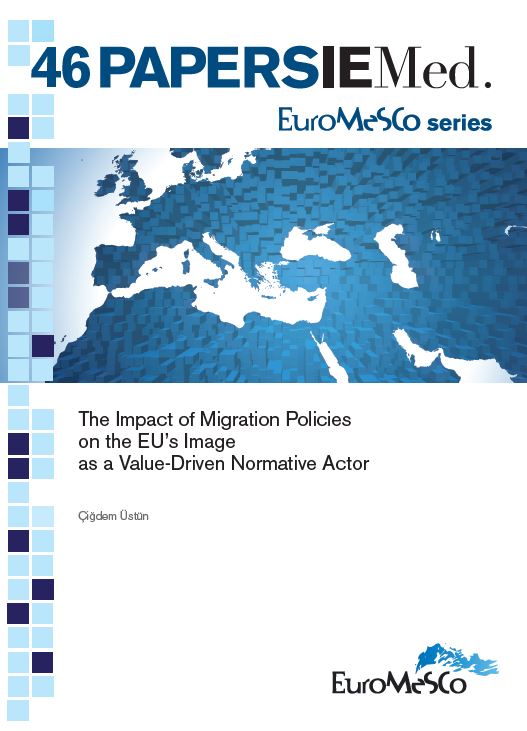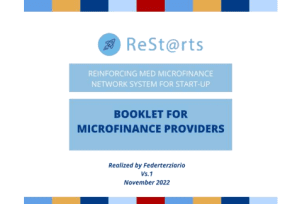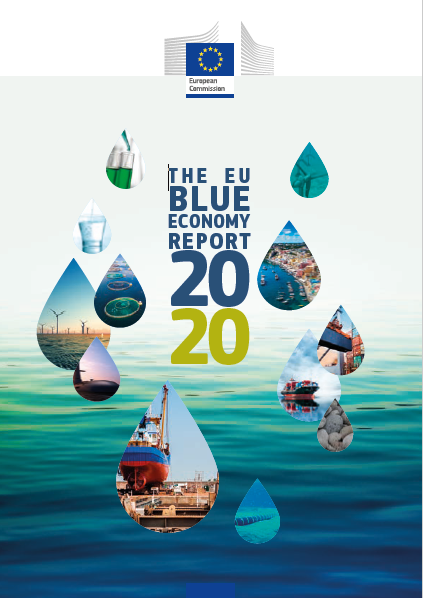Euromesco Series 46: The impact of migration policies on the EU’s image as a value-driven normative actor

The European Union has consistently tried to portray itself as a force for good in global affairs, committed to multilateralism, values and human rights, and different from other international actors. However, its policies towards rising social and political challenges in its neighbourhood have severely damaged this self-constructed image, which was already losing its appeal.
The externalization and securitization of migration policies gained momentum through the deal with Turkey, while the roadmap outlined in Malta, together with the Memorandum of Understanding (MoU) between Italy and Libya, further disregarded the values and norms that used to be the EU’s flagship. The lack of coherence in internal migration policies in relation to the labour market, employment and social inclusion had a negative impact on the normative actorness of the EU and its self-constructed force for good image abroad since it demonstrated the EU’s preference for interest-based policies rather than rights-based ones.
So, the question is: can we still call the EU a value-driven normative actor? This paper attempts to answer this question by examining the EU’s external and internal approach towards migrants and migration while brainstorming on some policy suggestions for the EU to regain the positive image it once had.
Latest Publications






























 Syria
Syria 



